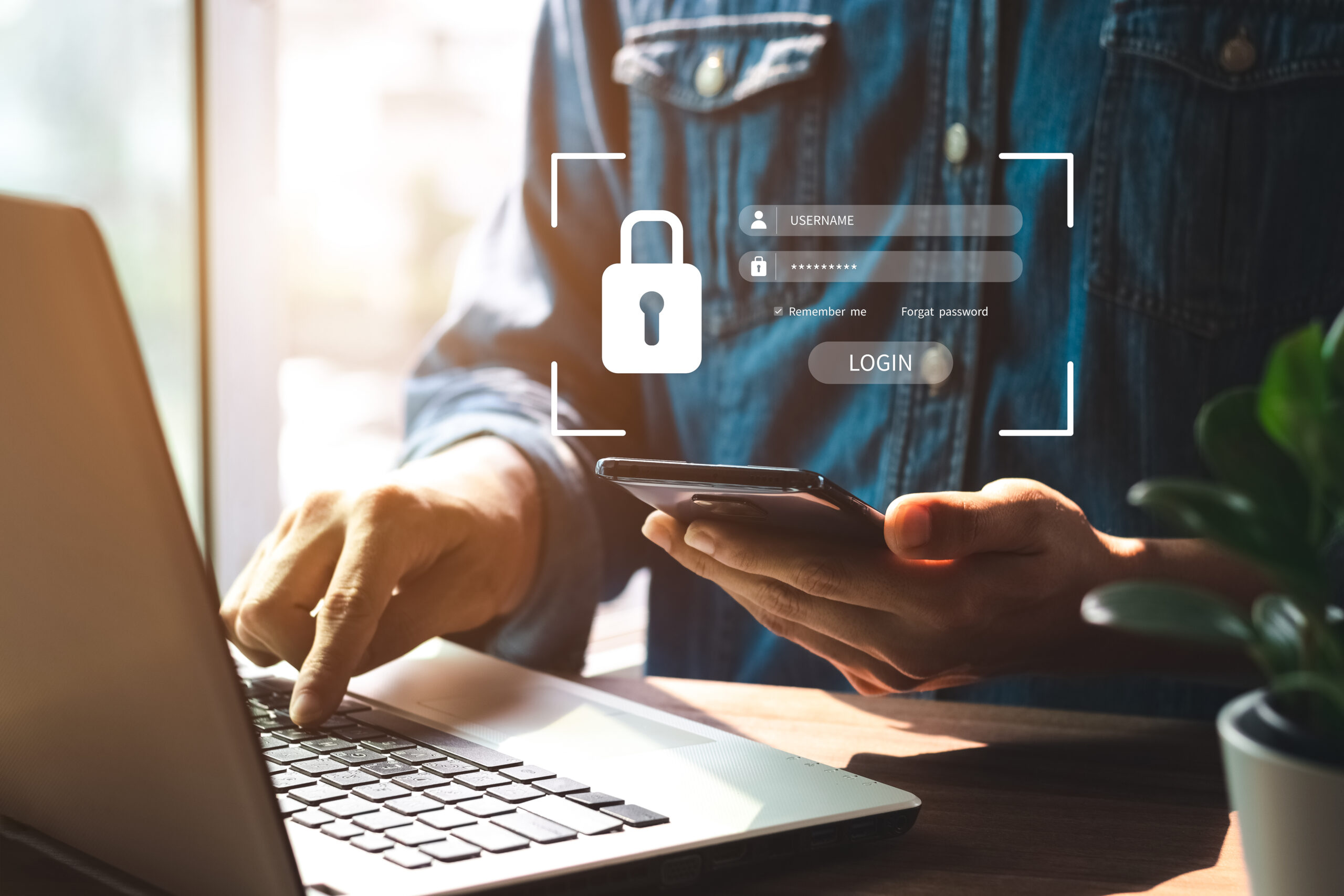Are you properly protected from a cyber attack? Think about how often we do things online from the comfort of our computers or phones, and how accessible our passwords and bank accounts are to cybercriminals if we aren’t properly protected.
Since October is National Cyber Security Awareness Month, we asked our IT Manager Infrastructure & Security, Kareem Simon, for his top tips to protect your personal information from a cyber attack.
Guard Your Login Credentials
Cybercriminals can access your accounts and find your personal or professional information if they steal your login credentials. When you are online, your activity can be tracked by the websites you visit and third parties who collect data. Don’t enter your login credentials unless you are confident that a website or app is secure.
Be Aware of Data Tracking
Data tracking allows websites to remember your preferences and third parties to use your information in ways that don’t benefit you. Choose your settings for data tracking. Most websites will ask you for permission to track your activity through cookies. You can opt-out of or block most third-party cookies. You can adjust your web browsers’ settings if you want to allow specific permissions.
Use Unique Passwords
Use unique passwords for each of your accounts. A password manager can help you keep track of all your passwords, and multi-factor authentication (MFA) can add another layer of security.
Bonus
Use passwords and update security software for all of your devices. In addition to computers and smartphones, several other devices can connect to the internet, and if you don’t protect these devices, they can be vulnerable to hacking.
